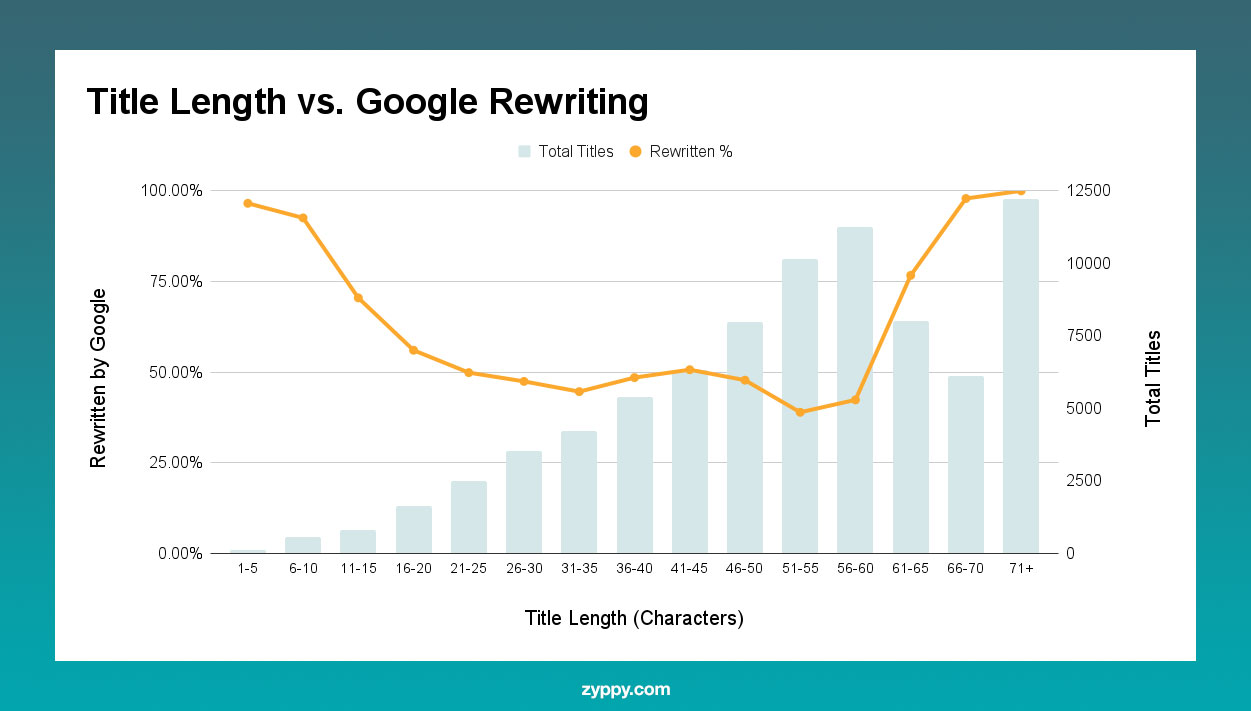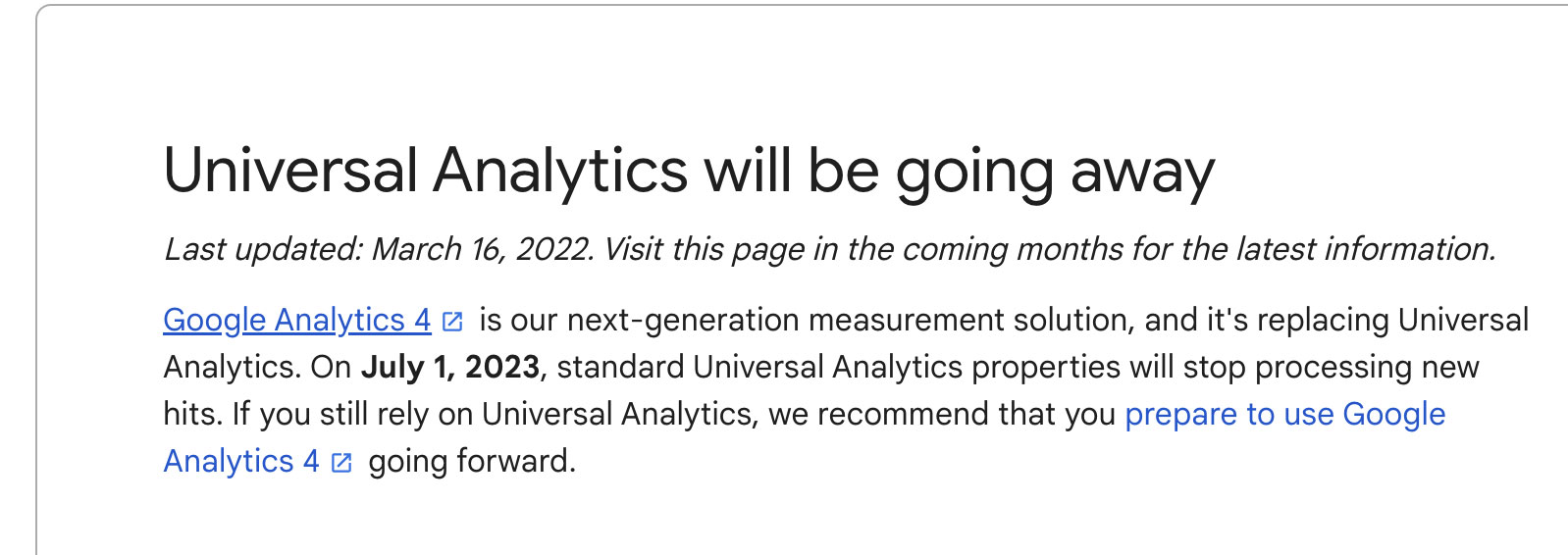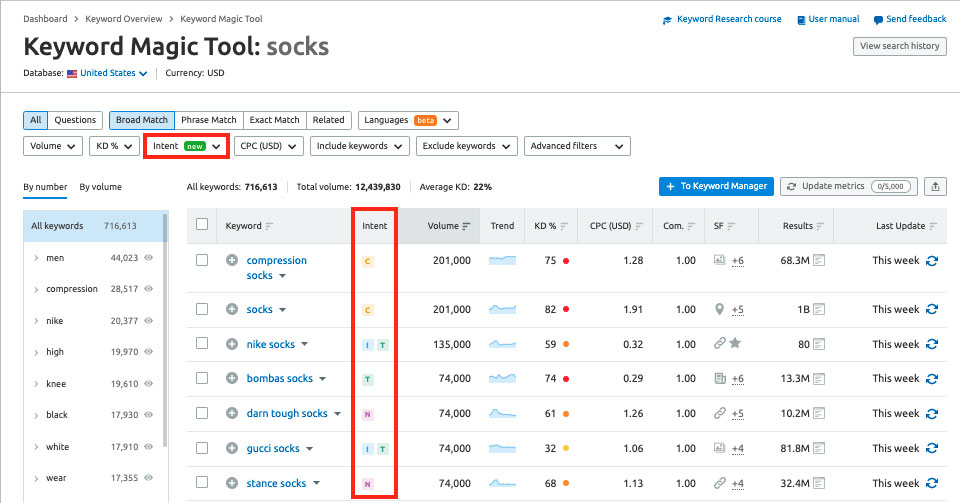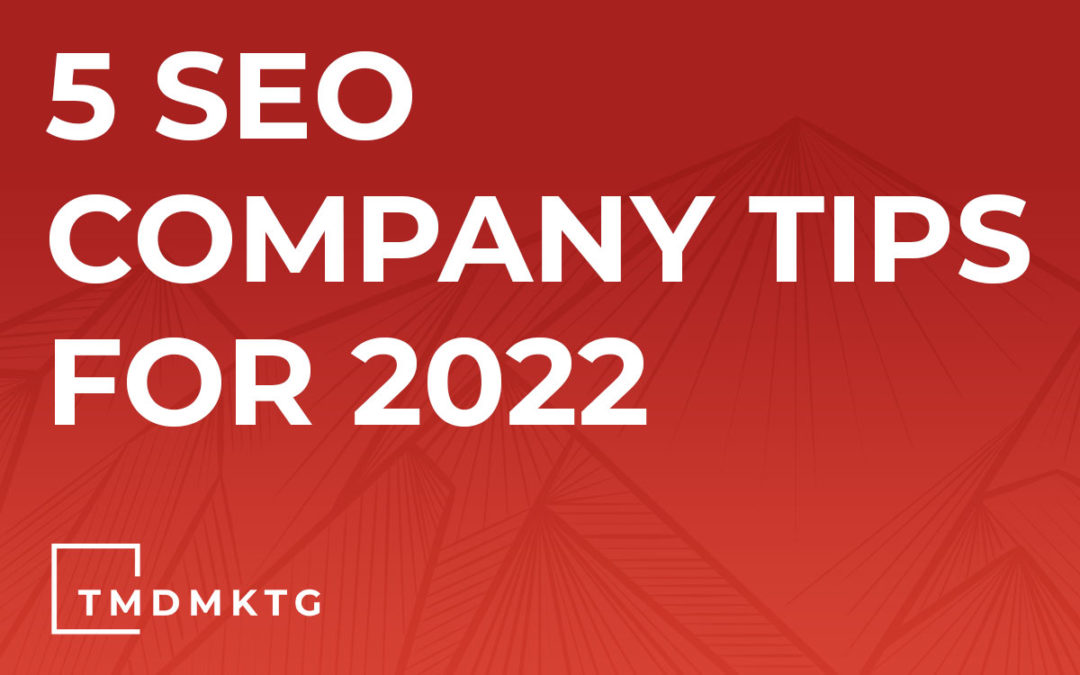We’re halfway through the year and it’s time to divulge what we’ve found over the past year concerning SEO tips for those search engines optimizations companies, business owners & professionals and hopefully anyone curious enough looking. There have been a few clear directions Google has unveiled, and continues to unveil, for continued 2022 search engine results page rankings growth as well as new obstacles for 2022 search engine optimization companies to traverse, solve or abandon.
1. Google Updated in May & Guess What…Speed Matters
We saw a core update in May that didn’t seem to affect our clients too drastically but did bring about more warnings, advice, errors, etc pointing to the importance of Google’s Core Web Vitals. This is nothing new, much like GA4, and most of the indexed web are failing, less than 4% passed this time last year, but Google is rewarding those with lower LCP (large contentful paint) load time with higher rankings.
2. Googlebot Only Crawling 15 MB of HTML
Getting the optimized content quickly in code is nothing new to most SEO’s; I have almost gotten into fist fights with merchandisers about such coding priorities. But, Search Engine Journal reports that the first 15 MB of HTML content & information crawled by Googlebot is all that will be crawled. But, no real need to start getting buddy-buddy with the developer to protect the lines of code closest to the <body> tag just yet.
3. Google Has Recommended Changing Page Title Formats…By Changing Them
Mid 2021 our team began noticing something odd with our SERPs within Google…our search engine optimized meta titles began to change. For both interior and homepages, capitalization would change, phrases and words positioning changed, the title was essentially brand new…and horrific. This was paired with a notification from Google saying they changed our title and assurances that this changed title would not affect rankings. That being said, if you read that and got all warm and fuzzy…don’t. These need to be corrected rather immediately to correct CTR, click through rates, on your SERP placements. As SearchEngineLands.com’s Brodie Clark tested with meta titles in this period depicts, Google knows what it wants.

Another revelation from this has led to is a universal rank-rewarding shortening of the meta title length, from 65 – 75 characters to 55 – 65 characters as illustrated below.

4. Get Rid of Pipes in Meta Page Titles Either Way
One of our best friends over the past few years when optimizing meta titles was the format [ | Site Name ] to end all, if not most, interior pages on a website. However, this coveted formatting choice has been proven ineffective when using it for page titles. Instead of using the pipe symbol [ | ], Google has told & shown this needs to be a colon [ : ] or [ – ], which extends to homepage opening & interior page closing.

As Search Engine Journal’s Brock Cooper wrote back in January, “The study showed it [ Google ] replaced or eliminated the pipe 41 percent of the time, but only removed dashes 19.7 percent of the time.” Our team has been experimenting with [ Site Name: Site Info ] & [ Site Name – Site Info ] for homepage titles & will keep you posted.
5. Google Analytics 4 in July 2023
There is no good way to say it…whether or not you like it, Google Universal Analytics setup will NOT be available after July 1st of 2023. With a few years warning, resources and a slew of YouTube videos both equally explaining and complaining…it’s going to happen. Pour the coffee and begin here.

Free SEO Tool, Tip, Audit, Trick
Not a direct sponsor, but Semrush (one word now…for sure) released a keyword intent feature within their platform that gives excellent insight into keywords – user intentions and can help you avoid bifurcated keywords.



Recent Comments